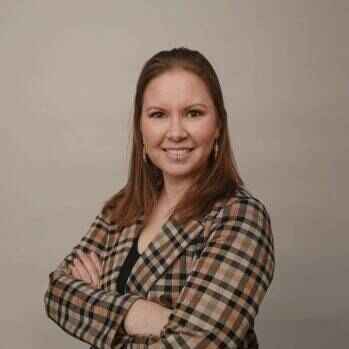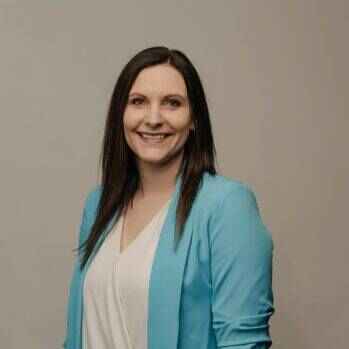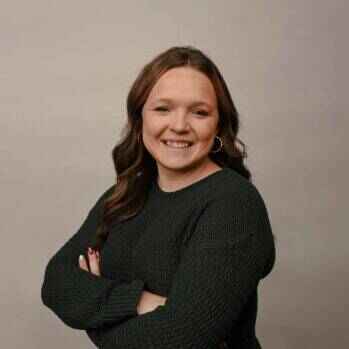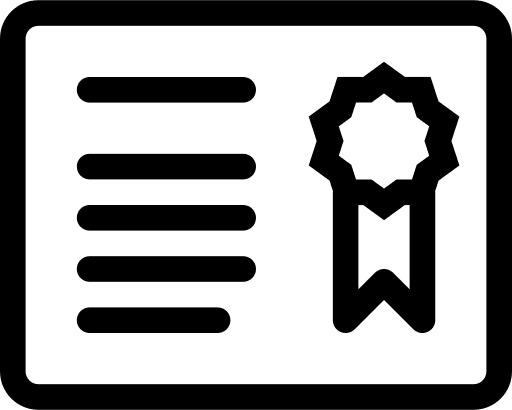About The Well – Norfolk
Known as WELL, Women’s Empowering Life Life in Norfolk, Nebraska, offers many treatment options for adults with substance use and/or mental health disorders. Their programs give you a safe space to heal from trauma without re-traumatization.
WELL offers several residential and outpatient programs, supportive housing and crisis resources. All their offerings take into account your gender identity, medical history, financial, spiritual, social and other needs.
The WELL has many residential programs. They have a year-long program for women who are pregnant or have young children. There is a program for those with dual-diagnosis and one for if you are struggling with addiction and have stable mental health. They also have a program that is short-term for when you are transitioning from one residential space to another.
Their outpatient care services include assessments, one on one and group counseling, intensive outpatient, peer and community support and psychiatry services. Their programs are gendered but welcome people across the entire gender spectrum.
If you want to become a client, you can drop in during their open access hours. You’ll get a free assessment and begin services without having an appointment booked. They accept private insurance, Medicaid, probation vouchers, and Region 4 funding.








